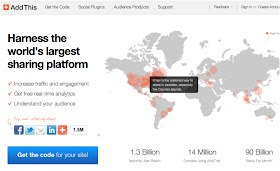- Women in two-career marriages are considered bad mothers if they fail to do the very things for their husbands are considered heroic. (Coming to parent-teacher meetings, for example.)
- The utterly irrational use of hours-consumed as a proxy measure for quality-achieved is a killer for parents wanting to be involved with their children. And again, this injures women more than men. A woman who guiltily walks out of an endless, meandering faculty meeting at 5:30 is considered a clock-puncher; a man who announces he has to leave to pick up his kids is considered a model father.
- A man who doesn't work Saturday in deference to his faith is admired; a woman who doesn't work Saturday to be with her kids is considered less than fully committed to her career.
Quite by chance, I saw my Aunt Mary (whom I talked about in this Morning Prayer homily) at her retirement home in Michigan just about the same time I read the Atlantic article. After Mary told me some stories about her childhood, I could not help thinking how in every generation of my family, things have improved for the women, and yet every generation seems to be working just as hard as the previous one.
My grandmother was an illiterate short-order cook, who spoke only Ukrainian until her daughters taught her English (they taught her to recognize the symbols on a dial telephone; that was the limit of her ability to read either letters or numbers). She had immigrated from Ukraine so her daughters would be able to have the education that she could not. My mother worked her way through medical school, graduating in 1938, and took about 15 years off to raise her two sons before hitting the books again and ultimately becoming superintendant of a state mental institution. My wife never had to stop working while our daughters were growing up (and, leave policies not having been then what they are now, probably couldn't have kept her job if she had stopped out). My older daughter, Elizabeth, just had our first grandchild, a girl named Alexandra; Elizabeth is on what seems to me a sensibly generous maternity leave from her job in private equity.
So, indisputable progress at every step for four generations or so. Each generation of women has a lot for which to thank the previous generation. And yet all the suspicions about motives, ambitions, and degree of commitment continue for working women in the professions, and continue to drive women out of certain career tracks. I hope it will be better for Alexandra, but it's the guys who will have to change to make that happen.
+1.jpg)









